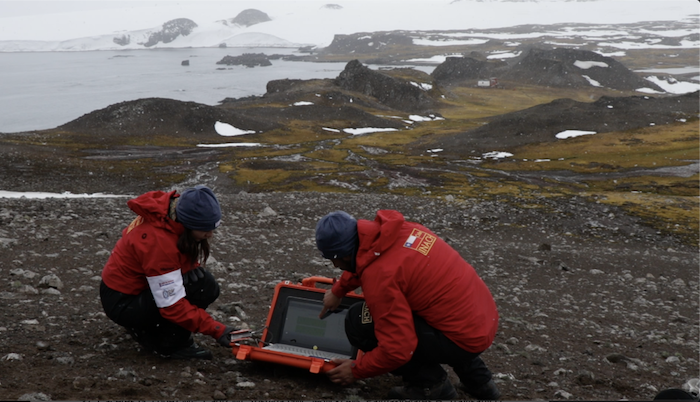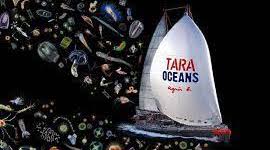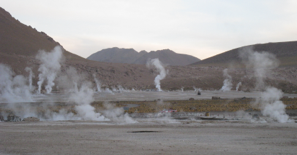Bienvenidos al Instituto Milenio CRG
Desde sus inicios en 2011, el Centro de Regulación del Genoma cuenta con un equipo multidisciplinario que ha establecido la ciencia genómica en Chile, desarrollando investigación que se nutre de la biología molecular y celular, fisiología, biología de sistemas, modelamiento matemático, bioinformática, evolución y genética, disciplinas que concurren para entregar una visión integral de las ciencias del genoma y el estudio de redes biológicas.
Las enormes cantidades de datos y secuencias genómicas generados en sus primeros 10 años sirven ahora de base para nuevos proyectos. Los investigadores tienen como objetivo aportar evidencia sobre los mecanismos de adaptación, asignando funciones a los genes en el contexto de la resiliencia ambiental y la salud de los ecosistemas. Ellos integran esta información mediante la evaluación de las variaciones y funciones de los genes que permiten a distintos organismos vivir en estas condiciones, tanto en los dos polos como en condiciones desérticas, un proceso denominado convergencia evolutiva.
Como Instituto del Milenio de reciente creación, el CRG tiene como objetivo aplicar este caudal de conocimientos para comprender cómo pueden adaptarse las especies a los cambios ambientales y también para desarrollar soluciones biotecnológicas. El Instituto del Milenio también ampliará sus interacciones con campos complementarios como la ecología y la biología de la conservación, además de desarrollar vínculos clave con la industria a través de la agricultura y la acuicultura sostenibles, el estudio de patógenos en organismos acuáticos y el mejoramiento genómico en especies frutales.
Objetivos principales Años 12-22 (2022-2032)
Outreach
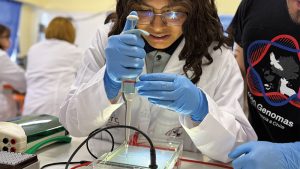
Escolares de Pozo Almonte investigan el pasado del desierto para comprender el clima del futuro en innovador taller de genómica y biodiversidad
Región de Tarapacá Noviembre 2025 El Instituto Milenio Centro de Regulación del Genoma (IM-CRG) y la iniciativa 1000 Genomas Chile, con apoyo de la Seremi
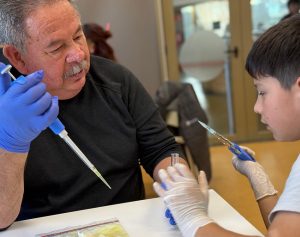
¿Cómo protegemos lo que no entendemos? Llevando la genómica al corazón de la biodiversidad chilena
Imagine un país donde los Andes se encuentran con el desierto más árido del mundo, donde los glaciares australes conviven con bosques milenarios y costas
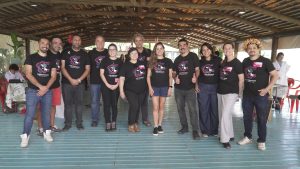
EL CRG y 1000 Genomas secuenciaron el genoma de dos especies en peligro de extinción de Rapa Nui
Entre el 28 y el 30 de abril, una comitiva interinstitucional integrada por más de 20 personas llegó a Rapa Nui para llevar a cabo
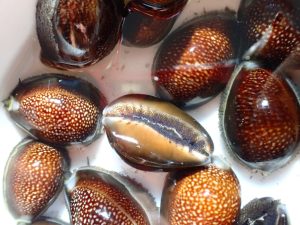
Proyecto 1000 Genomas secuenciará ADN de especies en peligro de Rapa Nui con apoyo de la U. de Chile
Se trata del ave Petrel de Henderson (Pterodroma atrata) y el caracol Pure (Monetaria caputdraconis). La labor, realizada en coordinación con autoridades ancestrales de la
Noticias
Desde el ADN escalando al medio ambiente: genómica, océano y ciencia de datos en Congreso Futuro
En el marco de la 15ª edición de Congreso Futuro, cuyo ejercicio temático fue “HumanIDAD: ¿A dónde vamos?”, el investigador principal del Instituto Milenio Centro
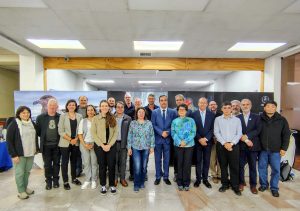
Punta Arenas fue sede de encuentro internacional para fortalecer la investigación y el monitoreo del Océano Austral y la Antártica
Punta Arenas, 9 de enero de 2026 Entre el 8 y el 10 de enero de 2026, la ciudad de Punta Arenas fue sede del

Alejandro Maass Sepúlveda recibe el Premio Nacional de Ciencias Exactas 2025
Santiago, septiembre de 2025. — El ingeniero civil matemático y doctor en Matemáticas, Alejandro Maass Sepúlveda, fue distinguido con el Premio Nacional de Ciencias Exactas
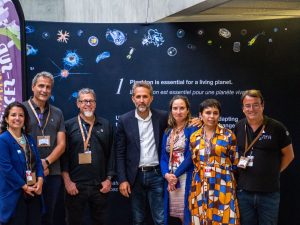
CRG presente en la 3ª Conferencia de Naciones Unidas sobre los Océanos
El investigador principal del Instituto Milenio Centro de Regulación del Genoma (CRG), Alejandro Maass, participó en la 3ª Conferencia de Naciones Unidas sobre los Océanos,
Difusión Cientifica

Punta Arenas fue sede de encuentro internacional para fortalecer la investigación y el monitoreo del Océano Austral y la Antártica
Punta Arenas, 9 de enero de 2026 Entre el 8 y el 10 de enero de 2026, la ciudad de Punta Arenas fue sede del

Investigación pionera descubre nuevos virus que podrían impactar en la cadena trófica antártica
Un equipo científico liderado por la Dra. Beatriz Díez investigadora del Instituto Milenio Centro de Regulación del Genoma (IM-CRG) identificó más de 2.400 nuevos

Salar de La Isla: ciencia para un futuro con litio sustentable
En medio del auge global por la obtención de litio, Chile ha trazado una Estrategia Nacional que busca compatibilizar el desarrollo económico con la protección
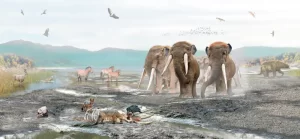
Estudio revela que la extinción de los mastodontes hace 10,000 años aún afecta la biodiversidad de los bosques hoy
La paleoecología chilena ha logrado identificar una interacción ecológica clave que habría dado forma a los ecosistemas del área mediterránea de América del Sur: la
Investigadores del CRG
Investigadores Asociados
Instituciones Albergantes
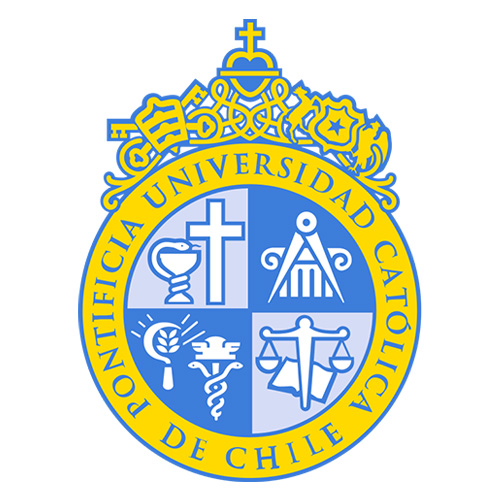
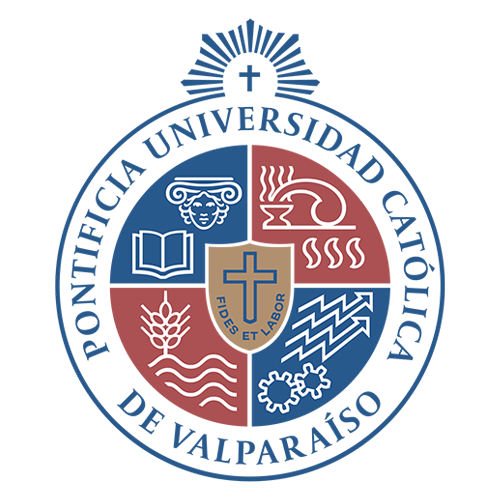


Instituciones Colaboradoras


